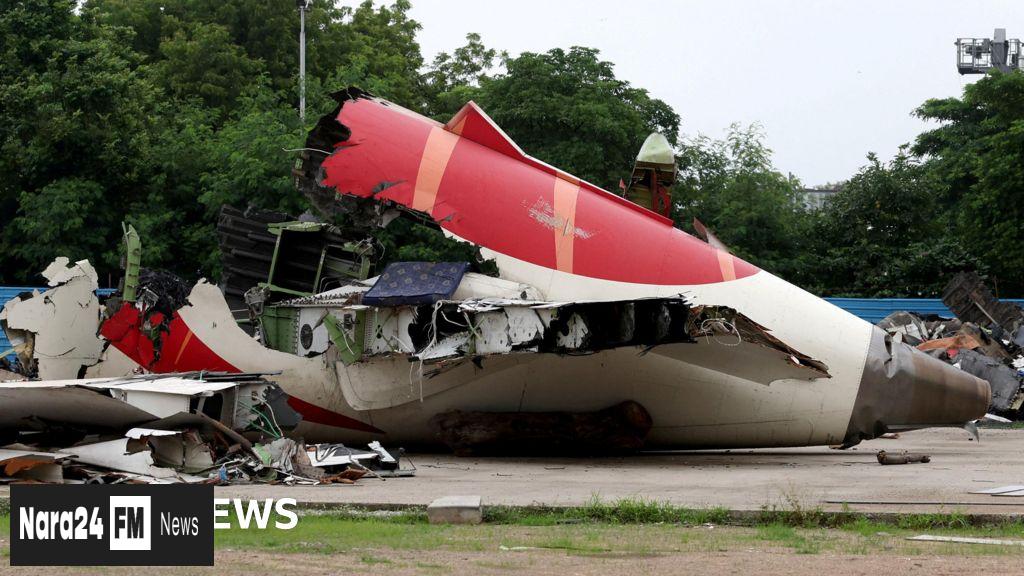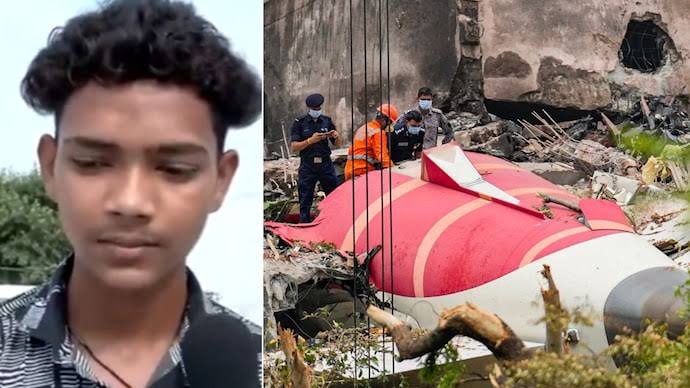In This Article
- India Directs Aviation Industry to Examine Fuel Switches on Boeing Planes
- DGCA Directive for Inspection of Fuel Control Switches
- Preliminary Report on Air India Crash Findings
- FAA Statement on Fuel Control Switches Safety
- DGCA Order for Airlines to Conduct Checks and Report Back
- ICPA Defense of Flight Crew Actions
- South Korea's Preparation to Examine Fuel Switches on Boeing Jets
Key Takeaways
- India's aviation regulator, DGCA, has directed airlines to inspect fuel control switches in Boeing aircraft following a tragic Air India crash.
- The checks requested by DGCA align with a 2018 advisory by the FAA, which recommended but did not mandate operators to inspect the locking feature of fuel cut-off switches.
- The preliminary report on the Air India crash found that the fuel supply to the plane's engines was cut off moments after take-off, with the switches controlling fuel flow being moved from 'run' to 'cut-off' position.
- The FAA stated that the 2018 advisory was based on reports that the fuel control switches were installed with the locking feature disengaged, but does not believe this poses a safety risk.
- South Korea is preparing to order all airlines operating Boeing jets to examine fuel switches following the Air India crash.
India's aviation regulator, the Directorate General of Civil Aviation (DGCA), has issued a directive for the country's airlines to inspect fuel control switches in Boeing aircraft following the involvement of these switches in a tragic Air India crash that claimed 260 lives in June.
The order comes after both Indian and international airlines have already initiated their own checks, following the US Federal Aviation Administration's (FAA) statement on Monday that the fuel control switches in Boeing planes are safe. The safety of these switches has been a point of concern, as a preliminary report on the disaster found that the fuel supply to the plane's engines was cut off moments after take-off.
The disaster involving Air India Flight 171, a Boeing 787 Dreamliner, was one of the worst aviation incidents globally in nearly a decade. Since the publication of the preliminary report on Saturday, various stakeholders, both domestically and internationally, have taken action and issued statements in response.
In its directive, the DGCA has requested checks to be conducted by July 21st, emphasizing the importance of adhering to the timeline to ensure continued airworthiness and safety of operations. The checks requested align with a 2018 advisory by the Federal Aviation Administration (FAA), which was referenced in the preliminary report.
The 2018 advisory recommended, but did not mandate, operators of Boeing models to inspect the locking feature of the fuel cut-off switches to ensure they could not be moved unintentionally. Air India had not carried out those inspections because they were not mandatory, according to the AAIB's preliminary investigation. The DGCA has now ordered airlines to conduct the checks and report back.
In response to the report, the FAA stated that the 2018 advisory was "based on reports that the fuel control switches were installed with the locking feature disengaged" but added that it does not believe this poses a safety risk.
Separately, the Indian Commercial Pilots' Association defended the flight crew, asserting that they acted in accordance with their training and responsibilities under challenging conditions, and pilots should not be unfairly blamed based on speculation.
The preliminary report, published by the India Aircraft Accident Investigation Branch (AAIB) on Saturday, stated that the switches controlling fuel flow to Flight 171's engines had been moved from "run" to the "cut-off" position, affecting the plane's thrust. In recovered cockpit voice recordings, the report revealed one of the pilots asking "why did you cut off?", to which the other pilot replied he "did not do so". The preliminary report clarifies that its role is "not to apportion blame or liability".
Additionally, on Monday, Reuters reported that South Korea was preparing to order all airlines in the country that operate Boeing jets to examine fuel switches.
Tags: Air India, Boeing, Aviation Regulation, Airplane Safety, Fuel Control Switches







Comments (0)
Leave a Comment
Be the first to comment on this article!